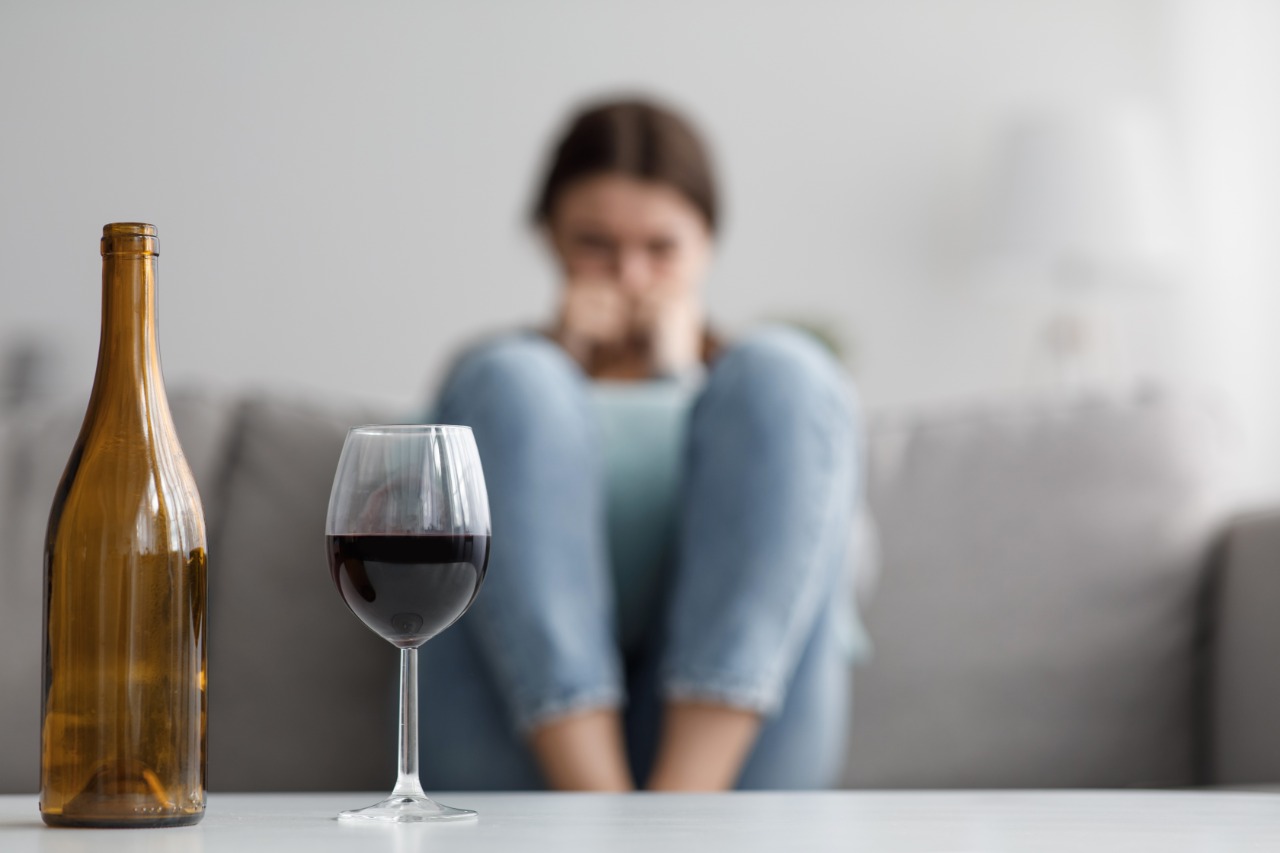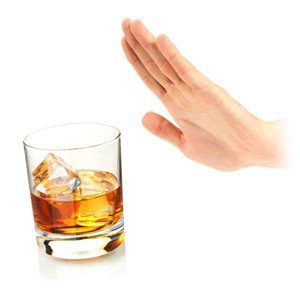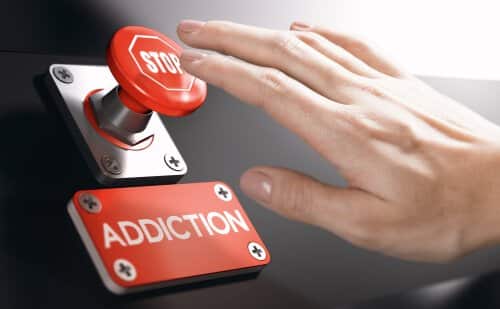How to guide a loved One to Seek Alcohol Detox
Addiction is difficult to live with, as it disrupts life and makes it dysfunctional. Oftentimes individuals suffering from substance use disorders are in denial that they have a problem. They feel they are in control and can stop abusing alcohol or drugs whenever they choose to. A minority of those afflicted by the disease of addiction, whether to alcohol, opiates or benzos, face the reality that they have an addiction problem. Given this, it is easy to see why most people suffering from addiction fail to access addiction treatment in a timely manner.
Usually, it is a challenge for the loved ones of people suffering from addiction to convince them to enter addiction treatment. The fact that most treatment facilities adhere to the outdated inpatient detoxification or residential rehab model for addiction treatment only adds to the resistance to enter substance use disorder treatment, as it conveys the message that people suffering from addiction are somehow anti-social and need to be isolated from their own communities. Also, people suffering from addiction view inpatient alcohol detoxification in New Jersey or residential treatment programs as punishment for suffering from a disease.
To sum it up, there are primarily three challenges to helping a loved one to enter treatment for alcohol addiction or to other substances: their own denial, stigma associated with treatment that removes them from their own communities and insensitive addiction treatment models that condemn individuals suffering from addiction. Here are some ways how you could try to deal with these issues.
Denial:
This is not easy! Loved ones of those suffering from addiction find this to be a huge challenge. However, it can be done. The first step is to arm yourself with facts before you have a conversation with a loved one about their addiction to substances. Google is your friend! Google facts about signs and symptoms of addiction. Unkempt appearance, loss of interest in hobbies, absences/tardiness at school/work, unwarranted irritation, negative impact on job or academic performance, etc. are telltale signs. Log ones that you observe with date and time. Besides Google can also educate you about the negative impact on one’s health from excessive abuse of drugs or alcohol. For alcohol, there are official guidelines that establish mild, moderate and excessive consumption benchmarks for men and women.
Repeated presentation of facts should help to reduce denial and increase willingness to explore treatment options.
Reduce Stigma – Suggest Outpatient Addiction Treatment Options:
Most individuals suffering from addiction dread the fact that they will be removed from their living environment and sent away to an inpatient or residential facility in order to access treatment. Remember that outpatient treatment options, including ambulatory detoxification for alcohol, opiates and benzos, have become available over the past few years. Presenting outpatient treatment options to the individual afflicted by the disease of addiction could help reduce resistance to engaging in addiction treatment.
Eliminate Negative Labeling – Addiction is a Disease:
Science has proven that addiction is a chronic brain disease due to changes in the brain caused by even moderate abuse of substances over a short period of time. Research facts about addiction and avoid attaching negative labels to the person suffering from addiction. Remember that addiction is not a behavioral problem or a moral issue. So, it would not be productive to engage in a blame game that serves to alienate the person addicted to a substance. Changes in the brain trigger cravings that, unless satisfied, inhibit normal functioning. In other words, only the continued use of substances helps the person who has become chemically dependent on the substance feel normal enough to function optimally.
Basing the conversation on the fact that addiction is a disease will help lower resistance and create a positive environment for fruitful conversations. Keep the conversation objective and goal oriented, “We have a problem. How do we solve it together?”
Getting Help:
Firstly, seek medical help in treating the disease of addiction. Not only is it more effective, it is also safe. Believe it or not, even coming off of alcohol, which people believe to be benign, can be dangerous unless attempted in a medical detox facility. Alcohol withdrawal Management can cause seizures or stroke, which needs to be prevented and, therefore, safe Alcohol Detox in New Jersey can only be done in a medical detox facility. There are many treatment options for alcohol dependence in New Jersey, but remember that outpatient alcohol detox is not only a safe and effective option, it is also likely to be more acceptable to the individual affected as it lowers stigma and treats addiction to alcohol as a disease and not as a behavioral issue.







